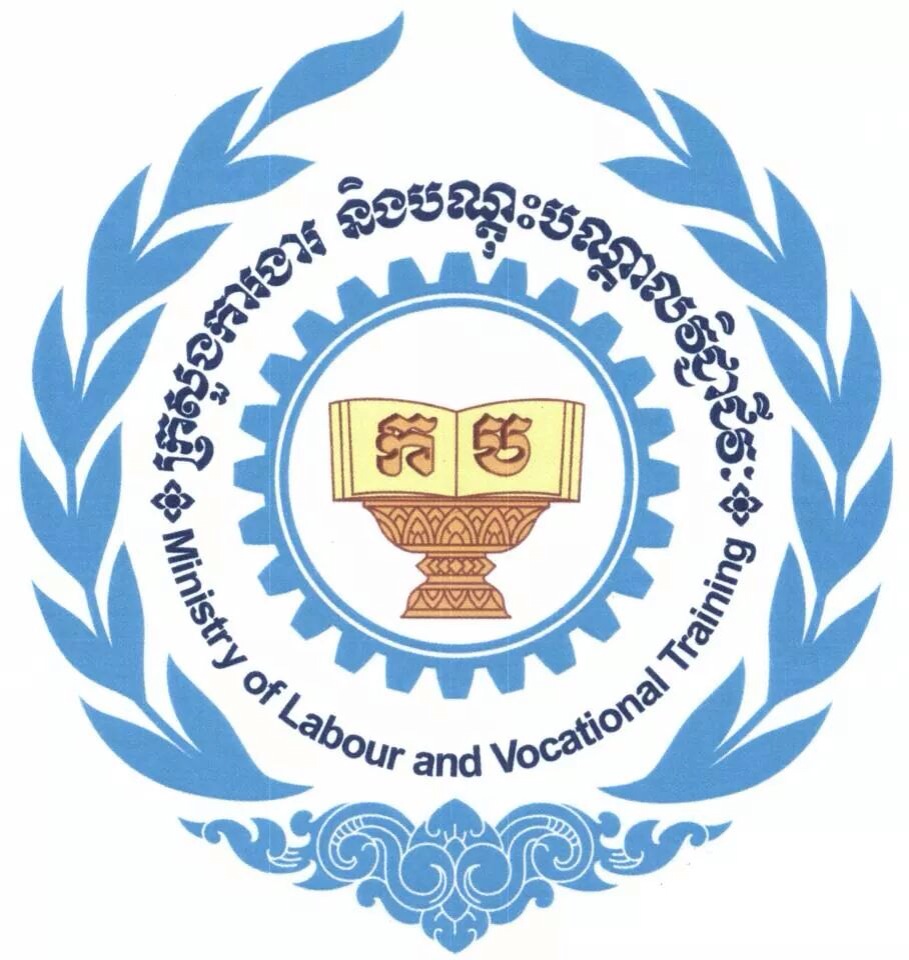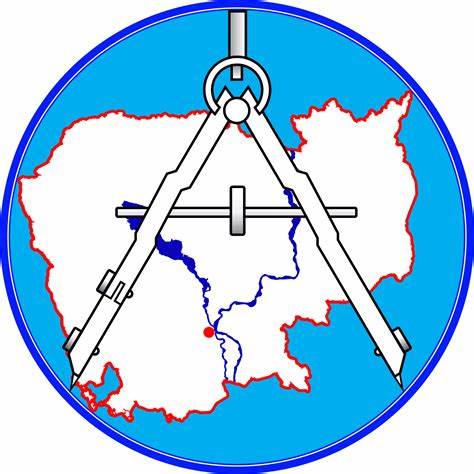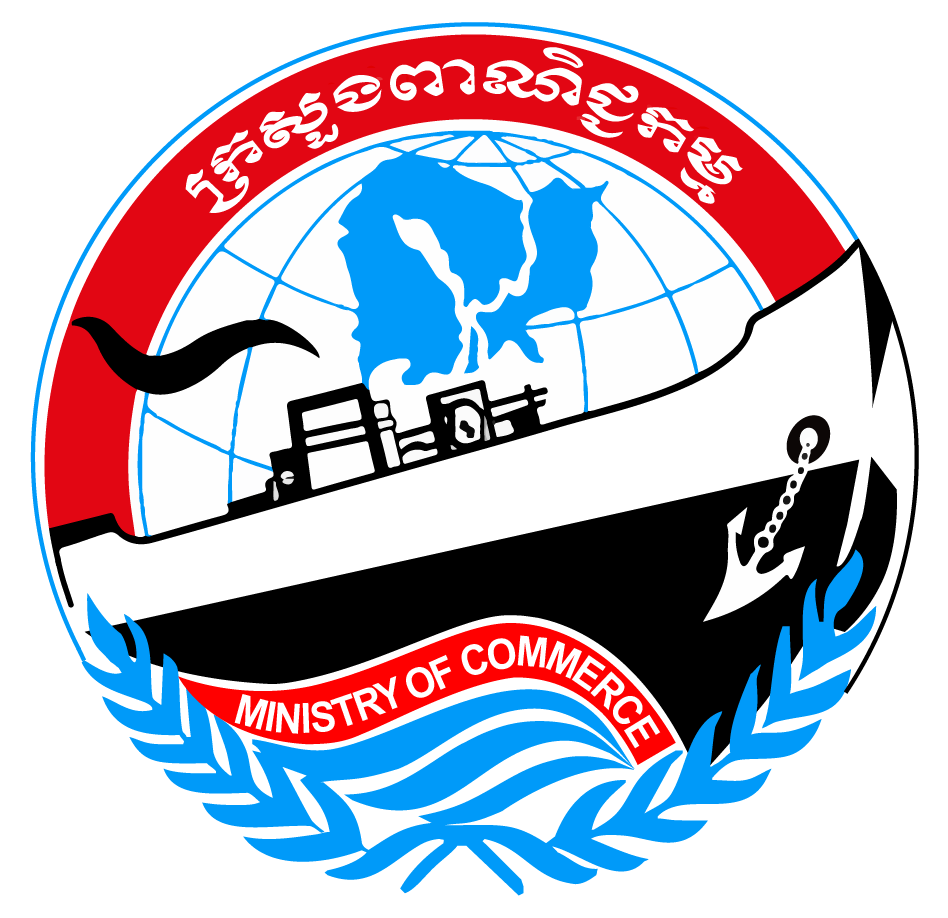Issue Description
Asbestos is a naturally occurring mineral composed of flexible fibers that are resistant to heat, electricity and corrosion. It was widely used in the world due to its properties as a strong fiber, used in manufacturing of many products to add strength, resistance to heat, resistance to chemical breakdown and also to limit electrical conduction. It was mainly used in the construction and textile industry.
Since the 1980s, the amount of asbestos has decreased considering the health impacts on humans who are exposed to asbestos. According to the World Health Organization, asbestos inhalation has a serious impact on health causing, among other diseases, lung cancer, mesothelioma, ovarian cancer, laryngeal cancer, pleural effusions, pleural plaques and respiratory diseases. It is estimated that more than 230,000 people die annually from asbestos related diseases.
Considering the above risks for humans, 67 countries have banned by 2021, all types of asbestos: Algeria, Argentina, Australia, Austria, Bahrain, Belgium, Brazil, Brunei, Bulgaria, Canada, Chile, Colombia, Croatia, Cyprus, Czech Republic, Denmark, Egypt, Estonia, Finland, France, Gabon, Germany, Gibraltar, Greece, Honduras, Hungary, Iceland, Iraq, Ireland, Israel, Italy, Japan, Jordan, South Korea, Latvia, Liechtenstein, Lithuania, Luxembourg, Malta, Mauritius, Monaco, Netherlands, New Zealand, Norway, Oman, Poland, Portugal, Qatar, Romania, Saudi Arabia, Serbia, Slovakia, Slovenia, South Africa, Spain, Sweden, Switzerland, Taiwan, Turkey, United Kingdom, Uruguay, etc.
Asia is now the last region in the world to use significant quantities of asbestos. In Cambodia, the import and use of asbestos is not currently banned. Therefore, asbestos are present through foreign imports and it is mainly used in the construction sector.
Impact on business
Based on the analysis of 117 samples carried on in 2018, asbestos was present in 53% of the materials tested, including cement roof sheets, rope, brake pads, gaskets and insulation. A survey was conducted with various companies in the construction sectors in 2022. Among 112 participants, 60 % mentioned that they still use some asbestos containing materials (“ACM”), 29% mentioned that their companies did not use ACM and 11% did not respond. Of those that were using ACM, the most common reported ACM were roof sheet and ceilings, wall sheet and floor tiles.
We have no data on the number of people in Cambodia who have diseases further to asbestos inhalation. However, in order to prevent future diseases and deaths in Cambodia, linked to asbestos inhalation, it is recommended to ban the import and use of asbestos in Cambodia and to adopt specific regulations relating to the maintenance and removal of ACM already present in constructions already built.
A first step was done in 2019 when the Ministry of Labor and Vocational Training published the first Cambodian National Asbestos Profile (“CNAP”). This CNAP will aid policymakers, workers and consumers to take action to prevent the environmental, health and economic costs of the continued use of products containing asbestos and to inform companies on the alternative to use of ACM. This CNAP was updated in 2021.
The Consumer Protection Competition and Fraud Repression Directorate-General (CCF), which is an organization under the Ministry of Commerce, was created in 2020. The CCF includes an asbestos testing laboratory which provide now a solution in Cambodia for testing materials and identify if they include ACM.
Also, a working group called the Cambodia National Asbestos Profile Working Group was created (“Working Group”). This Working Group is composed of 12 Ministries, employers and trade unions with the support of the International Labor Organization. EuroCham is pleased to be a part of this Working Group through our Real Estate and Construction Committee as a representative from the private sector.
Eurocham supports also the various efforts of the government to raise awareness to the public about the risks of exposure to asbestos. In this respect, Eurocham has organized a webinar together with Union Aid Abroad – Apheda and CCF and Eurocham has participated to various conferences to help to inform the public of the danger of the use of asbestos.
It is our hope that through these activities, EuroCham can support ongoing efforts to increase the importance to prevent the use of ACM in the construction sector in Cambodia, and ultimately reduce the number of diseases and deaths linked to the asbestos inhalation.
Recommendation
- Adopt legislation to prohibit the use of asbestos in the construction sector.
We respectfully recommend adopting a regulatory framework to prohibit the use of asbestos in the construction sector in Cambodia and to manage the use and maintenance of ACM already used in various constructions. Also, consider the development of a plan for related Ministries and social partner to respond to the exposure risks for worker, owners and occupiers of premises including asbestos.
After the first step relating to the publication of the CNAP more than two years ago, Cambodia has not yet been able to draft the regulations on the management of asbestos use.
Eurocham would welcome the opportunity to support the Royal Government of Cambodia in developing the regulatory framework to ban the import and use of ACM and to develop a plan for related Ministries and social partner to respond to the exposure risks for worker, owners and occupiers of premises including asbestos.
We believe that developing such regulations would be an important step for the country and will help to reduce in the future the number of diseases and deaths linked to asbestos inhalation.
Therefore, we also respectfully recommend that the Royal Government of Cambodia consider implementing regulations relating to (i) the prohibition of the import and use of ACM in Cambodia and (ii) the management of the use and maintenance of ACM already used in various constructions. Finally, the Royal Government of Cambodia could consider the development of a plan for related Ministries and social partners to respond to the exposure risks for worker, owners and occupiers of premises including asbestos.
Dialogue with
Royal government of Cambodia
Initiative from Eurocham: EuroCham is pleased to see the numerous initiatives by the Royal Government of Cambodia on the topic and encourage to Consider adopting a regulatory framework to prohibit the use of asbestos in the construction sector in Cambodia and to manage the use and maintenance of ACM already used in various constructions. Also, consider the development of a plan for related Ministries and social partner to respond to the exposure risks for worker, owners and occupiers of premises including asbestos in the 2023 Edition of the White Book.

At the occasion of the launch of the Masterplan for Cambodia on banning asbestos, which took place on the 31st of October 2023, the Royal Government of Cambodia announced the total ban of asbestos as of 2025.
You can find the report of the forum via this link.
Initiative from Eurocham: The Real Estate and Construction Committee addressed this issue during the Committee meeting held on 12th of July. The Committee deems this issue as solved.
National Counterparts

Ministry of Labour and Vocationnal Training

Ministry of Land Management, Urban Planning and Construction

Ministry of Commerce
Contributors

Mr Serge Pak

Mr Charles Amar

